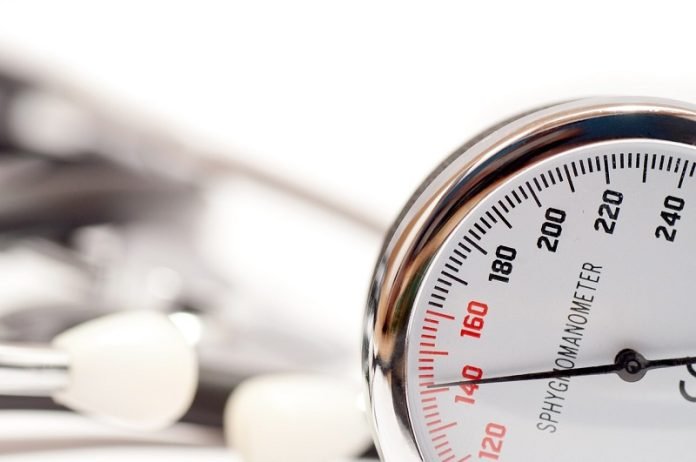
A new study highlights the significant link between diastolic blood pressure (the lower number in a blood pressure reading) and neurotic personality traits.
The research suggests that managing diastolic blood pressure effectively may help reduce neurotic behaviors and associated mental health issues like anxiety and depression, as well as lower the risk of heart and circulatory diseases.
The study employed Mendelian randomization, a method that uses genetic variations (SNPs) as indicators for specific risk factors, in this case, blood pressure.
This approach helps in establishing a genetic basis for causal relationships. The researchers utilized data from eight large DNA datasets of people primarily of European descent.
Key Findings
The research revealed a strong causal effect of high blood pressure, particularly diastolic blood pressure, on the development of neuroticism.
This relationship was established based on the analysis of over 1,000 genetic SNPs associated with blood pressure. The study found that high diastolic blood pressure is highly likely (over 90%) to influence neurotic personality traits.
Neuroticism and Mental Health
Neuroticism is characterized by a tendency towards negative emotional states like anxiety, anger, worry, and depression.
People with high neuroticism often face high mental stress, which can lead to increased blood pressure and cardiovascular diseases.
The study suggests that by controlling blood pressure, it may be possible to reduce neuroticism and related mood disorders, as well as heart disease risks.
The findings underscore the importance of regular blood pressure monitoring and management as a strategy for not only protecting heart health but also for potentially improving mental well-being.
Effective control of diastolic blood pressure could be key in mitigating neurotic behaviors and enhancing overall mental health.
This study provides valuable insights into the relationship between blood pressure and mental health, particularly in relation to neurotic personality traits.
It highlights the need for comprehensive health strategies that consider the interconnectedness of physical and mental health, emphasizing the role of blood pressure management in achieving overall well-being.
If you care about high blood pressure, please read studies about unhealthy habits that may increase high blood pressure risk, and drinking green tea could help lower blood pressure.
For more information about high blood pressure, please see recent studies about what to eat or to avoid for high blood pressure, and 12 foods that lower blood pressure.
Copyright © 2023 Knowridge Science Report. All rights reserved.



